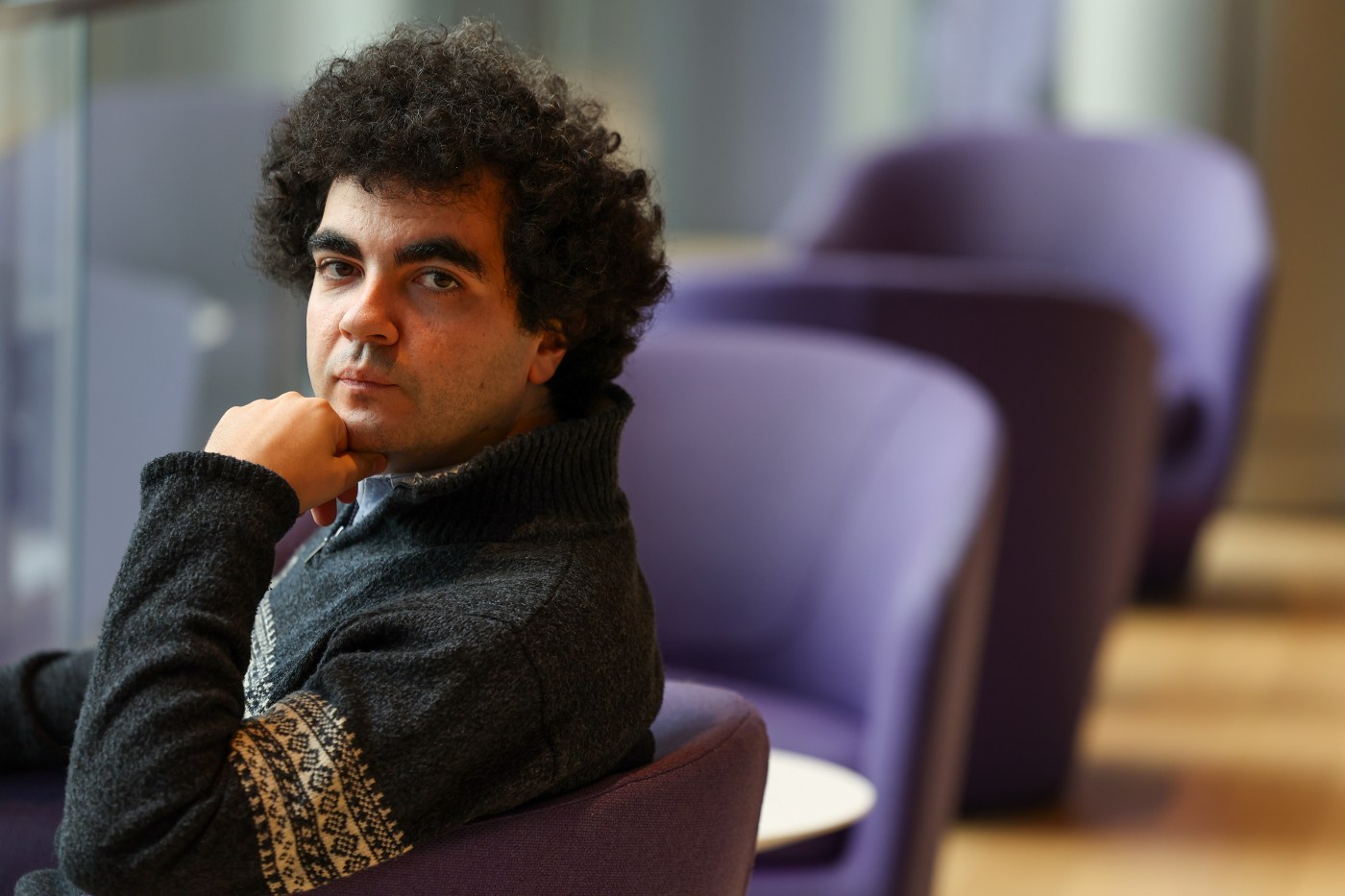UPDATE: A shocking change in H-1B visa fees has just been announced, potentially crippling the foreign worker program vital to U.S. businesses and universities. The Trump administration revealed that the cost for each new H-1B application will jump to $100,000, a staggering increase from the previous fee of approximately $1,000. This policy shift has ignited panic among employers and researchers, threatening thousands of positions across the nation.
In Evanston, Illinois, postdoctoral researcher Michaël Elbaz faces an uncertain future. After dedicating nearly five years to studying neuronal activity at Northwestern University, he is now grappling with the reality that his J-1 visa is set to expire. Unable to afford the new H-1B application fee, Elbaz fears he may be forced to leave the U.S. within three months, uprooting his family and career.
“This fee is too high for most businesses and universities to bear,” said Nicole Hallett, a clinical professor of law at the University of Chicago. “The consequences could be catastrophic, not just for potential visa holders, but for the U.S. economy as a whole.” This drastic fee increase could effectively eliminate the pathway for entry-level positions in critical sectors like science, technology, engineering, and math (STEM), where foreign talent has become indispensable.
The Trump administration cited layoffs in American tech firms as justification for the new policy, claiming that these companies often hire lower-paid H-1B visa holders. However, critics argue that this move could lead to a surge in unfilled positions at a time when employers are struggling to attract and retain skilled workers.
“It’s a risky gamble for businesses in Illinois,” warned Lou Sandoval, president and CEO of the Illinois Chamber of Commerce. “Removing such a vital tool for recruitment could lead to increased economic uncertainty.”
Major employers like Amazon, Microsoft, and Meta rely heavily on H-1B visa holders. Even JPMorgan Chase CEO Jamie Dimon urged the administration to reconsider, emphasizing the importance of merit-based immigration. “We should have good immigration policies,” Dimon told NBC.
American universities, which benefit greatly from the research and revenue generated by foreign students, are also at risk. Currently, foreign visa holders account for one-third of new STEM doctorates in the U.S. In fact, nearly 70% of postdoctoral researchers at Northwestern are international. The University of Illinois Chicago alone has filed for 208 H-1B visas this fiscal year, ranking fifth in the state.
Elbaz, who moved to the U.S. from France, built a life in Evanston and has a 2-year-old daughter who holds U.S. citizenship. His future hangs in the balance as the new fee structure looms. “Uncertainties prevail to a degree I have never really experienced before,” he shared.
In a similar situation, Ekta Bhattacharya, another postdoctoral researcher at Northwestern, is anxious about her prospects in the agricultural industry. After relocating from India, she now feels her career dreams are slipping away due to the new policy. “This was a huge risk I took, and it’s frustrating to see it threatened,” Bhattacharya lamented.
Experts have proposed reforms to the H-1B program, suggesting that higher minimum salary requirements for new hires could be a potential solution. However, many worry that the current changes represent an attempt to dismantle the program without congressional approval. “It feels like a transparent attempt to destroy the program,” Hallett warned.
The H-1B program is designed to fill specialized roles that lack sufficient American workers. Each year, 85,000 foreign workers can be hired, with an unlimited number available for universities and nonprofits. Over 70% of H-1B workers come from India, with another 12% from China, making the program essential for maintaining a competitive workforce.
As the deadline approaches, Elbaz and his colleagues remain hopeful that Northwestern will secure their H-1B applications. The clock is ticking, and the stakes are high for researchers who have dedicated their lives to advancing knowledge in the U.S. “Honestly, I would be better treated in many other countries,” Elbaz reflected.
With businesses and universities in turmoil, the implications of this policy change will unfold in the coming weeks. Employers, researchers, and students alike are left to navigate an increasingly uncertain landscape. The pressure is mounting, and many wonder what the future holds for America’s workforce and its innovation ecosystem.
